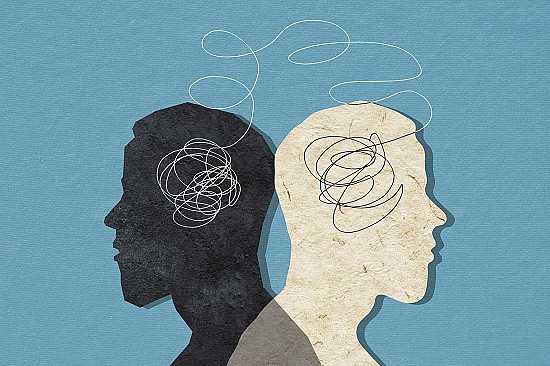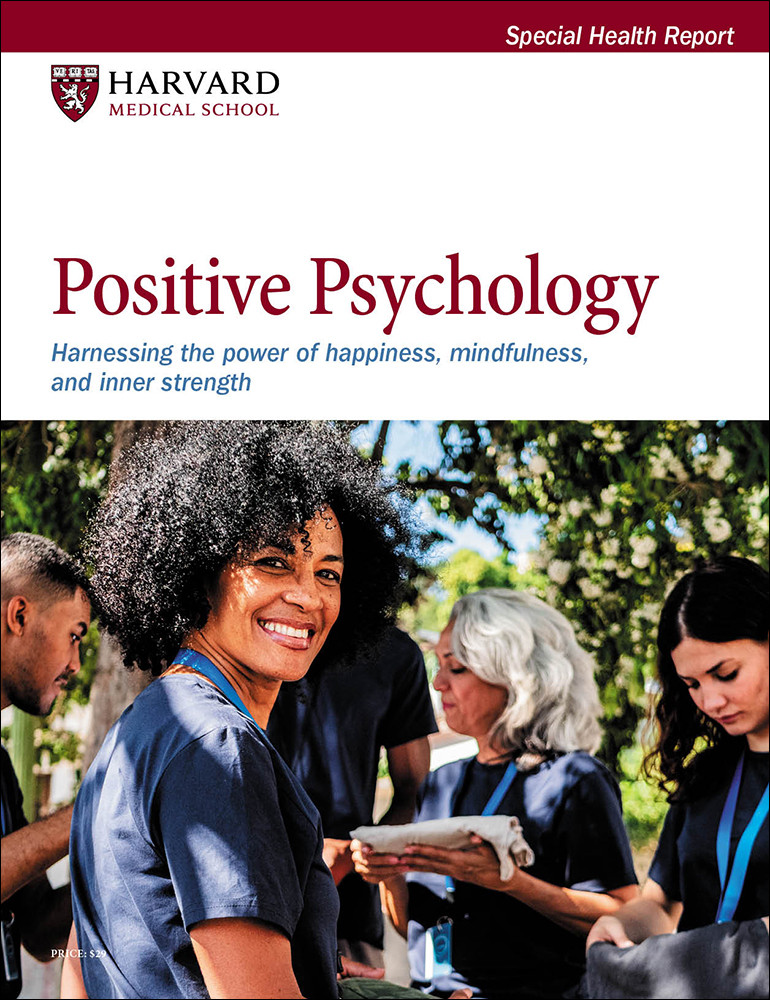Cultivating joy as a family

The pandemic has been hard on families. There has been so much loss, so much hardship, so much stress, and so much change. What makes it even harder is that there is so much uncertainty about when and how it will end; our lives, and the lives of our children, are going to be disrupted for the foreseeable future.
There is so much we cannot control in all of this that it’s easy to lose sight of what we can control. One thing we absolutely can do is cultivate small moments of joy in each and every day. It doesn’t have to be a lot, or anything fancy or complicated. That’s the thing about joy: it can be very simple.
Children have a great capacity for joy. It doesn’t take much to make them happy. It’s even easier to make them happy if you do something with them — which can have the added benefit of making parents happy too, as the joy of children can be infectious.
Bringing the joy
Here are some ideas for simple, fun things you can do as a family that can bring joy. You can adapt them to the age and temperament of your child.
- Play board games. If you feel like it, change the rules (which may make them more accessible for younger children). You can even make up your own board game, with some cardboard and markers and whatever you want to use for board game pieces.
- Bake! There’s nothing like making sweets to make everyone happy. A box of brownie mix or premade cookie dough is fine. Nobody is going to judge you.
- Paint and draw. If you can, go outside and do it.
- Build things — from blocks, cardboard, anything. Make a city. Leave it up and add to it. Build a fort, inside or outside, and have a picnic or sleepover in it.
- Go for walks as a family; play I Spy as you go. Family bike rides can be fun, too. Or just kick a ball around. Anything you can do to be active somewhere without a ceiling is great.
- Play dress-up. Dig out clothes from your closet. Be fancy (your local dry cleaner could use some business) or silly.
- Put on a play (perhaps while dressed up). You could hang a sheet as a curtain. Or do a puppet show. if you don’t have puppets, they are easy to make with socks and markers. Have someone film it on their phone so you can all watch it together.
- Read out loud. There are so many books that are exciting and fun to listen to. You can start with books written for children and branch out to classics. My children really enjoyed books by E.B. White and Roald Dahl, as well as the Chronicles of Narnia series by C.S. Lewis. You can take turns reading if you have older children.
- Put on music, clear a space, and have some fun.
You can get everyone in the family involved in coming up with ideas. Have people write things down on index cards or pieces of paper and put them in a bag or bowl, and then choose randomly or together. Try to devote some regular time at least a few times a week to just being happy. It could be a family ritual — maybe even one that takes root and becomes a permanent part of your family life.
Those moments can add up, you’ll see. It doesn’t change the way the world is now, but anything we can do that makes us relax and be happy, and gives us a pleasant memory, is good — and good for us.
Follow me on Twitter @drClaire
About the Author

Claire McCarthy, MD, Former Senior Faculty Editor, Harvard Health Publishing
Disclaimer:
As a service to our readers, Harvard Health Publishing provides access to our library of archived content. Please note the date of last review or update on all articles.
No content on this site, regardless of date, should ever be used as a substitute for direct medical advice from your doctor or other qualified clinician.
















